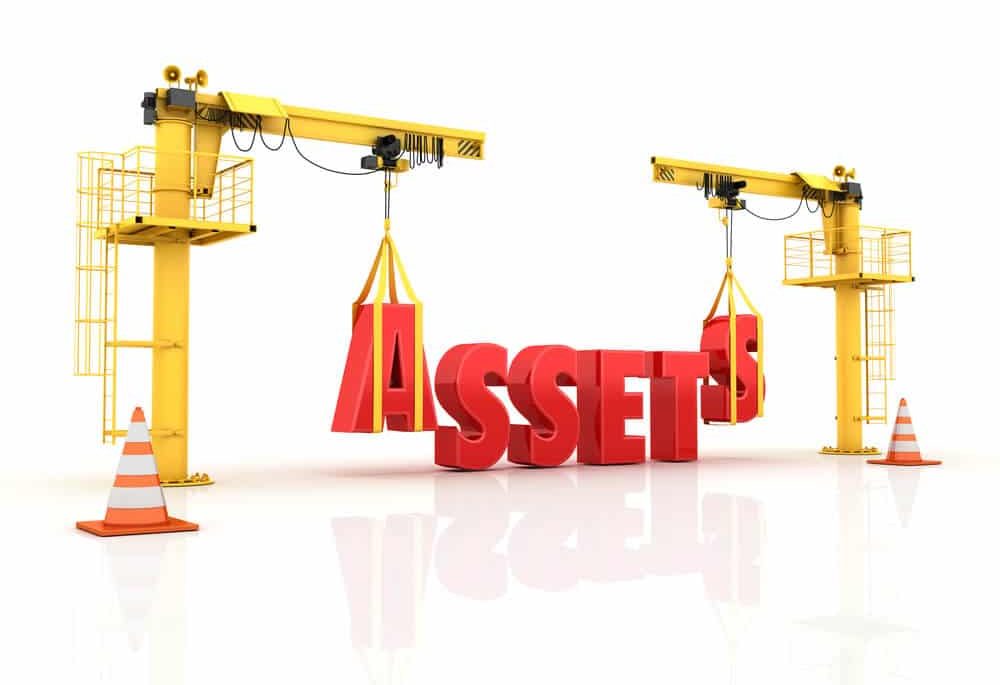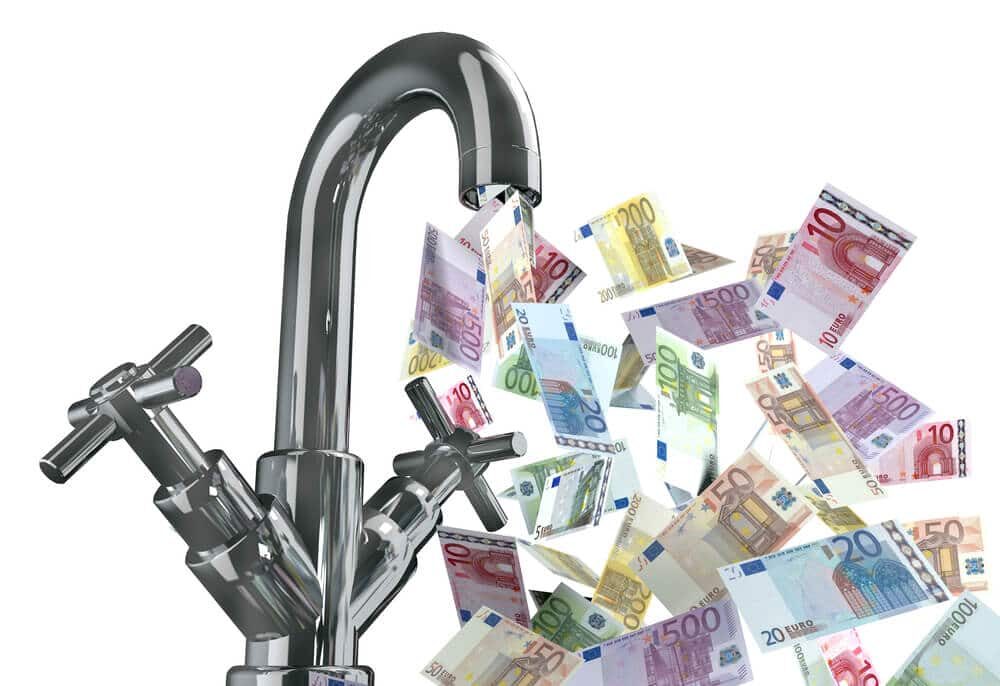I support you in determining the enterprise value and
negotiating the purchase price.
Determining the value of the company and negotiating the purchase price advantageously – these are the two tasks you need to master. This applies to both cases: if you want to buy a company and likewise if you have a company and you want to sell it in whole or in part. A common case is that an entrepreneur gives a share in his company to an investor. How much is a company share worth then?
As a buyer, you must avoid an inflated purchase price, and furthermore, you should aim for a low purchase price that is as far below the market value as possible. As trivial as this sounds, it is difficult to implement in practice.
If you are on the seller’s side, then you need to know the argumentation methods of the other side.

Two factors play into this: the enterprise value and the negotiation.
The fair value:
Find out how much the company is worth to you. The value of a company is different for different buyers. It depends on the future cash flows YOU can generate with YOUR capabilities and resources. This company value is the upper limit of the purchase price for you. Anything above it would be an excessive purchase price.
Negotiation:
When negotiating, both sides will try to convince the other side of their view of how much the company is worth. In finance, there are two fundamentally different schools of thought of how to determine enterprise value: the classical, balance sheet-oriented view and the Anglo-American, cash flow-oriented approach.
You should understand the two competing schools of thought for determining enterprise value.
The classical school of thought in determining enterprise value
The classical school of thought – which is advocated by many European auditors and tax advisors – bases the determination of a company’s value on the figures in its balance sheet..
Expect that during the negotiation a reputable auditor will explain the company’s balance sheet items to you and tell you that the sum of the individual assets – such as buildings, machinery, fleet, patents, goods, receivables, etc. – minus the debts equals the fair purchase price for the company.
This is not the case; do not fall for it.

The fundamental difference between the two schools of thought is this: the Anglo-American one assumes that the company will continue to operate and generate cash flows in the future.
The classical school of thought, on the other hand, tacitly assumes that the assets (buildings, machines, stock goods, etc.) are sold individually, i.e. that the company is broken up and the assets only bring in proceeds once.
The Anglo-American school of thought in determining enterprise value
The Anglo-American school of thought, according to which international investment banks work, assumes that a company is a machine that generates cash flow on a permanent basis. It is irrelevant how expensive the assets are that the company needs to generate cash flow. What matters is the amount of annual cash flow.
The future cash flows are planned and discounted, resulting in a present value. The calculation method is exactly the same as for a bond, where the future interest income and the current interest rate make up today’s bond price.

You, as buyer of a company, most likely want to continue to operate the company and collect future profits. Then the Anglo-American way of thinking is the relevant one for you.
And consequently, you should use the future cash flows for your valuation.
The enterprise value determined on the basis of discounted future cash flows differs significantly from the value determined on the basis of balance sheet figures.
A lot of money can be saved or wasted in company value negotiations.
But in your negotiation you should know both approaches and pick the one that is more favourable to you. And you should be able to argue against the other way of thinking.
When negotiating the purchase of a company or the purchase price of a shareholding, a lot of money can be saved or wasted. I support entrepreneurs who want to carry out such a transaction.


